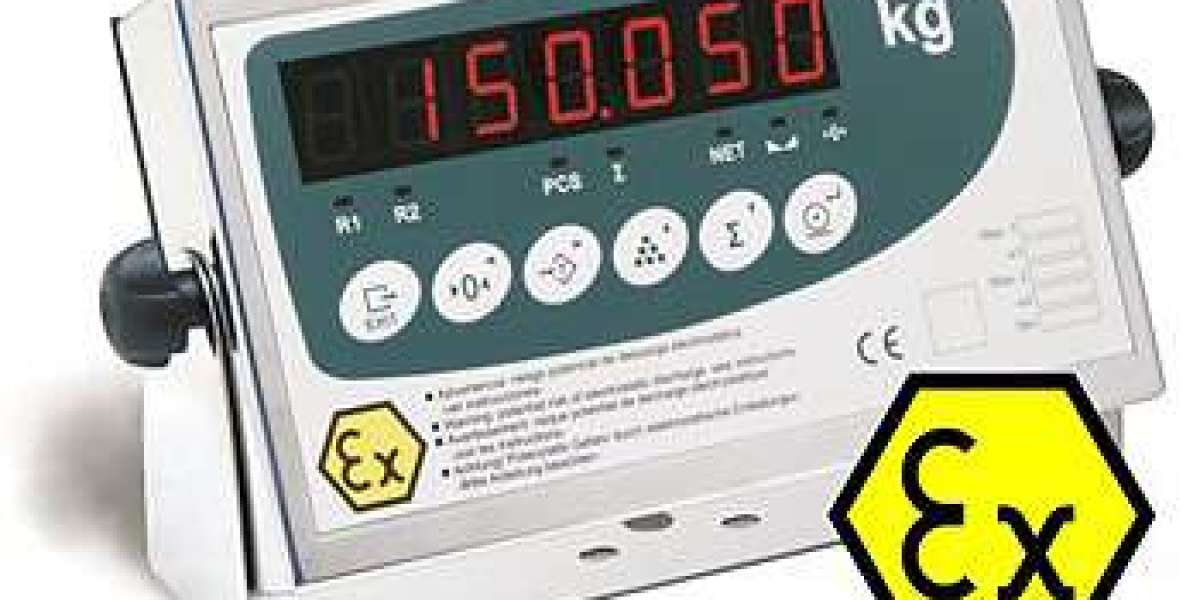In the landscape of industrial automation, efficiency and precision are paramount. At the heart of many manufacturing processes lies the drum filling machine, a sophisticated piece of equipment designed to streamline the filling of drums with various substances. Let's delve into the intricacies of Drum Filling Machines and explore how they optimize operations in diverse industries.
Understanding Drum Filling Machines
Drum filling machines are specialized equipment used to fill drums, barrels, or containers with liquids, powders, or granular substances. These machines come in various configurations to accommodate different types of products and production environments.
Types of Drum Filling Machines
Liquid Drum Filling Machines
Liquid drum filling machines are designed to accurately dispense liquids such as chemicals, solvents, oils, and beverages into drums. They utilize precision pumps or flow meters to control the flow rate and ensure accurate filling.
Powder Drum Filling Machines
Powder drum filling machines are specifically engineered to handle powders and granular materials, such as pharmaceuticals, food ingredients, and construction materials. These machines often incorporate augers or gravity-fed systems for precise dosing.
Semi-Automatic vs. Automatic Drum Filling Machines
Drum filling machines can be either semi-automatic or fully automatic, depending on the level of automation required. Semi-automatic machines require some manual intervention, such as placing and removing drums, while automatic machines handle the entire filling process autonomously.
How Drum Filling Machines Work
Drum filling machines operate by first positioning the drum under the filling nozzle or chute. The substance to be filled is then dispensed into the drum through a controlled mechanism, such as a pump, auger, or gravity-fed system. The filling process is precisely controlled to ensure accurate dosing and minimize waste.
Applications of Drum Filling Machines
Chemical Industry
In the chemical industry, drum filling machines are used to fill drums with various chemicals for storage, transportation, and distribution. These machines ensure accurate filling and help prevent spills or leaks, enhancing safety and regulatory compliance.
Food and Beverage Industry
Drum filling machines play a crucial role in the food and beverage industry for filling drums with ingredients, sauces, and beverages. They enable precise dosing and packaging, ensuring product consistency and quality.
Pharmaceutical Industry
In the pharmaceutical industry, Weighing Controllers are utilized for filling drums with powders, granules, and liquids used in the manufacturing of pharmaceutical products. These machines adhere to strict regulatory requirements and ensure precise dosing to maintain product integrity.
Advantages of Drum Filling Machines
- Accuracy: Drum filling machines offer precise dosing capabilities, ensuring consistent fill volumes and minimizing product waste.
- Efficiency: By automating the filling process, drum filling machines increase production throughput and reduce labor costs.
- Versatility: Drum filling machines can handle a wide range of products and container sizes, making them suitable for diverse applications.
- Safety: These machines incorporate safety features such as drip trays, splash guards, and emergency stop buttons to prevent accidents and protect operators.
Considerations When Choosing a Drum Filling Machine
- Product Compatibility: Ensure that the drum filling machine is compatible with the type of product being filled, considering factors such as viscosity, abrasiveness, and chemical compatibility.
- Production Capacity: Select a machine with the appropriate filling speed and capacity to meet production demands.
- Automation Level: Determine whether a semi-automatic or fully automatic machine is required based on production volume and level of operator intervention desired.
Conclusion
Drum filling machines are indispensable tools for optimizing filling operations in various industries, from chemicals and food to pharmaceuticals. With their precision, efficiency, and versatility, these machines streamline production processes, enhance product quality, and ensure regulatory compliance. By understanding the different types, applications, and considerations involved in choosing a drum filling machine, businesses can make informed decisions to meet their production needs effectively and efficiently.






